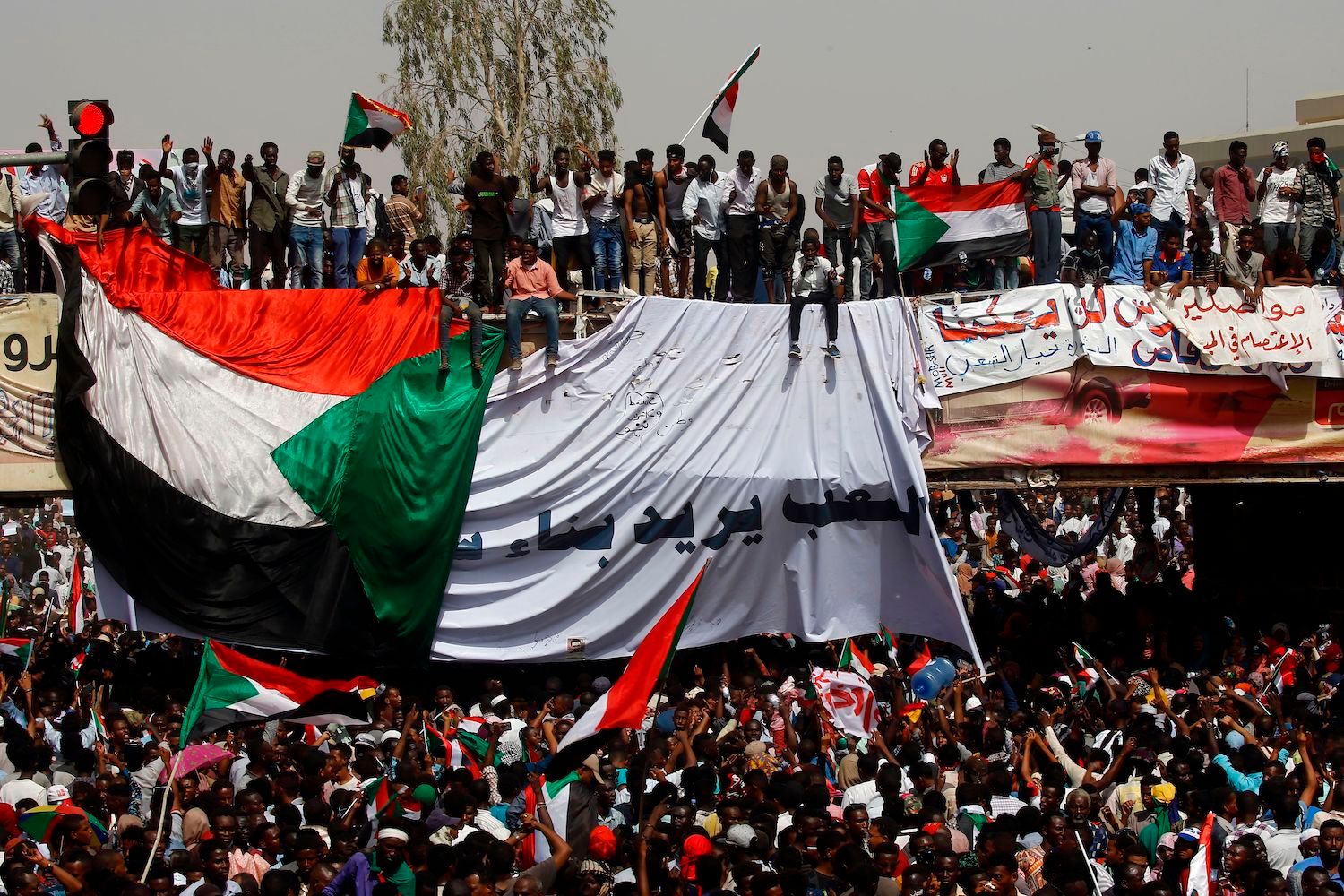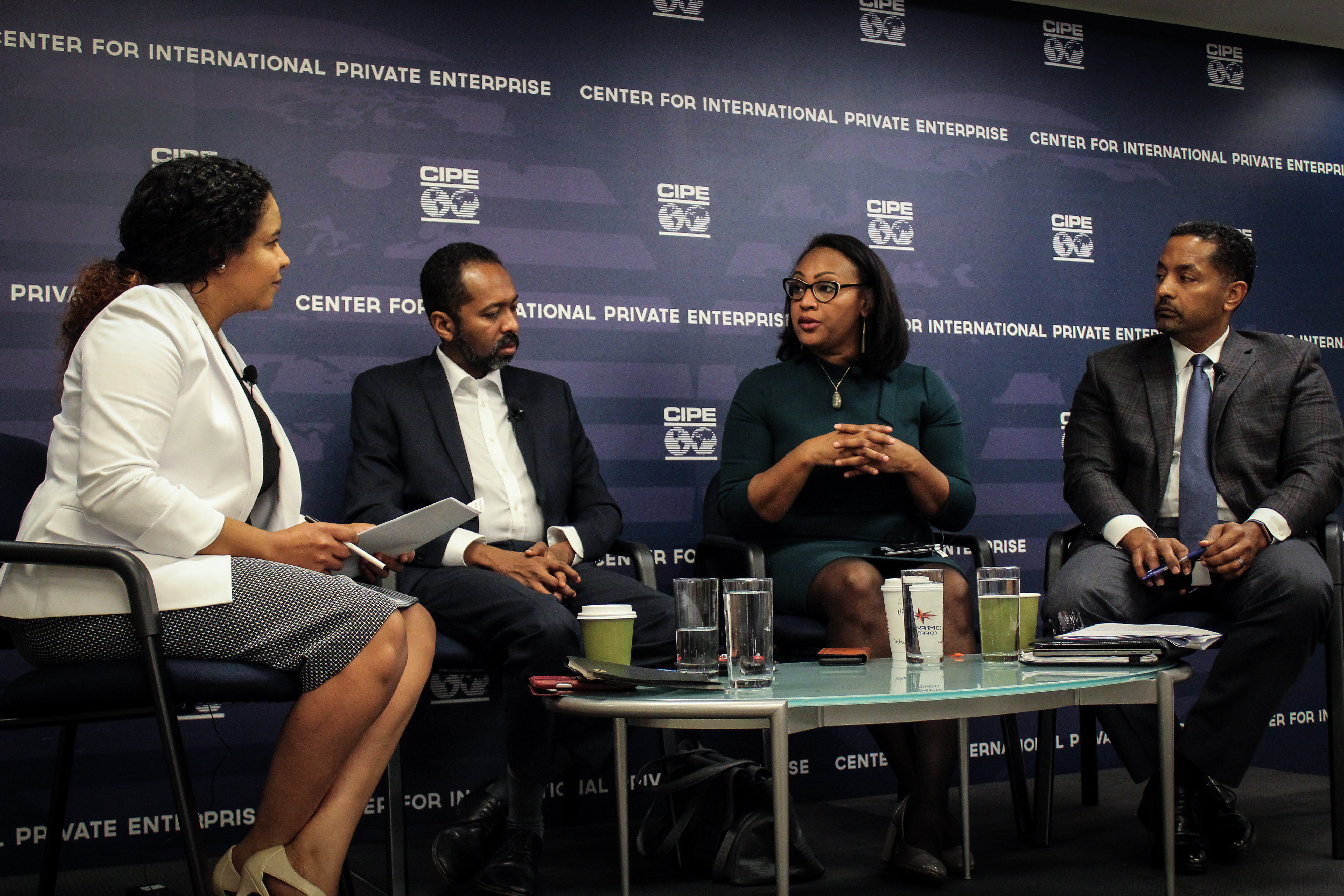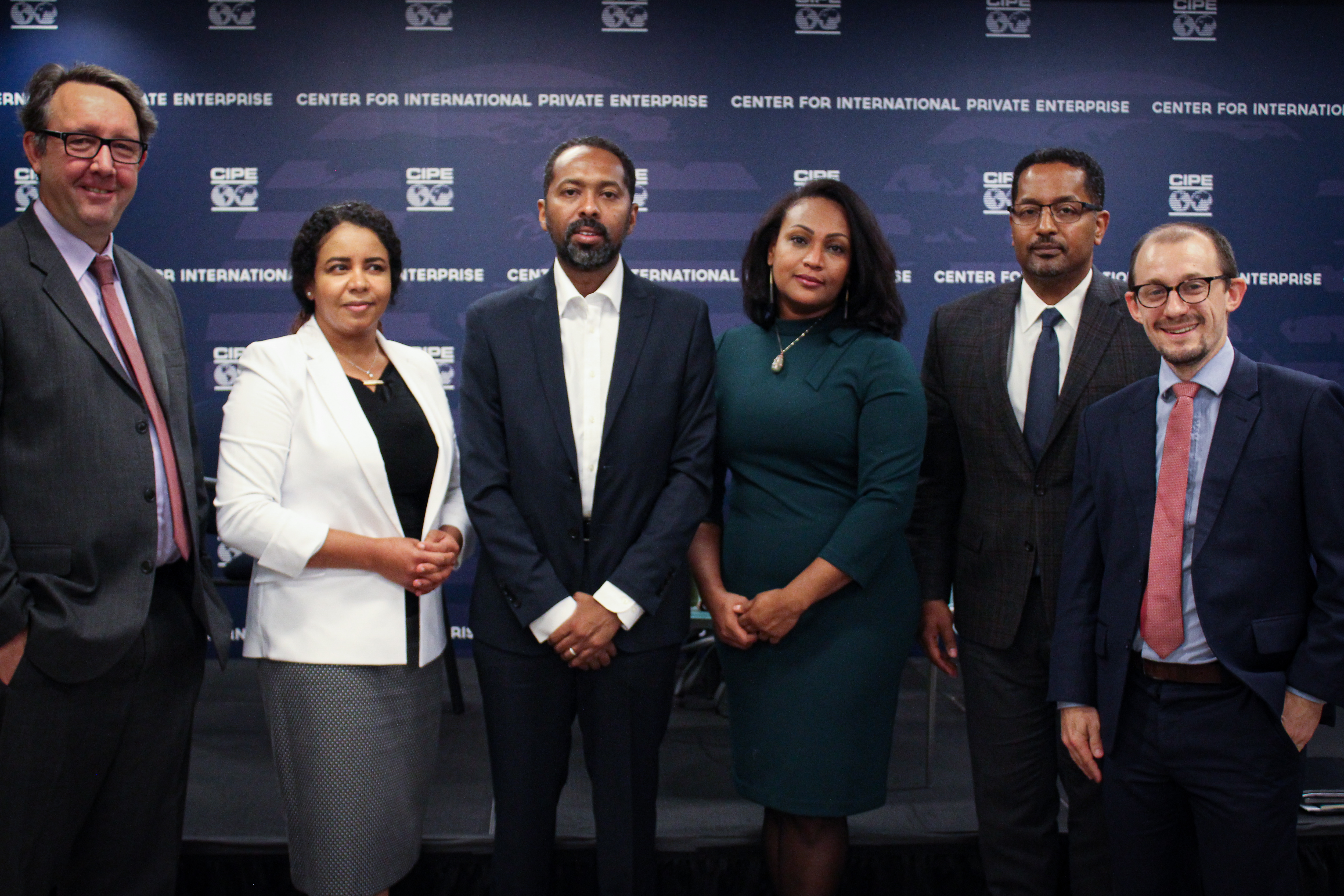
With the world watching, Sudan is shifting from a military to civilian government. Sudan’s former dictator, Omar al-Bashir, had ruled for 30 years when his own military removed him from power last April amidst a string of popular protests. A transitional military council ruled the country until August of this year when they signed a power-sharing agreement with the opposition coalition Forces of Freedom and Change (FFC) to form an interim government comprised of civilians and military officials.
The interim government, called the Sovereign Council, consists of five members of the FFC, five members of the transitional military council, and an agreed-upon 11th member. The Sovereign Council appointed Abdalla Hamdok, a former senior economist for the United Nations Economic Commission for Africa, as Prime Minister. Prime Minister Hamdok, who received his undergraduate degree from the University of Khartoum and doctorate in economics from the University of Manchester in England, was sworn in on August 21 and has pledged to focus on economic prosperity for the country.
Now is a critical moment for Sudan’s government and the decisions made over the next 39 months – when the Sovereign Council has pledged to hold the next elections – could transform the country. Sudan is currently ranked in the top ten most corrupt countries in the world by Transparency International, has a nearly 13% unemployment rate, and suffers from high inflation and food and water shortages. As Sudan undergoes a democratic transition, many stakeholders have ideas for the best way to revive the economy and raise the living standards for people in a country where violence, repression, and socioeconomic inequality has been endemic for years.
To discuss Sudan’s future, CIPE hosted a panel called “Next Steps for Sudan’s Democratic and Economic Transformation”. The moderator, Shaza Elmahdi, a Sudanese American physician and human rights activist, asked the three panelists for their perspectives on Sudan’s transition to a democracy.

The panelists each discussed how a democratic transition can bring prosperity. Having proper laws, election procedures, census counting, and government services will foster an environment in which a domestic economy can flourish and attract foreign companies. The panelists mentioned how reducing unemployment, inflation, and government subsidies will create a sustainable marketplace.

Khalid Yousif, an outspoken critic of the old regime and one of the founding members of the FFC, listed the top priority for the new government as building institutions that can uphold peace and justice. He stressed the need to end the violence with South Sudan and cited the recent appointment of Sudan’s first female chief justice by the Sovereign Council as an important step forward in creating a strong judiciary.
Azaz Elshami, a Sudanese-American human rights advocate, spoke on the importance of establishing trust between the government and civil society groups. Without trust, citizens will continue to be dissatisfied. During mass protests earlier this year in Khartoum, the military regime ordered telecommunications companies to disable Internet access across the country. Not only does state censorship of ideas and speech erode people’s sense of freedom and decrease their trust in government but is also unattractive to foreign investors interested in bringing business to Sudan.
Magdi Amin, who has worked in private sector development for two decades including with the World Bank Group and International Finance Corporation, said the most urgent economic reform is the removal of state subsidies. State subsidies are the costs the government covers for certain imports into the country including fuel, electricity, and wheat. However, Armin said, the state should not lift subsidies without technical and financial support from international institutions like the World Bank or International Monetary Fund, or else the cost burden of those goods will fall on the shoulders of the people.
The United States lifted its 20-year trade embargo on Sudan in 2017, but the country still remains on the U.S.’ list of state sponsors of terrorism (SST). The U.S. imposes a variety of economic sanctions on designated SSTs. Consequently, the World Bank, International Monetary Fund, and other financial institutions abroad remain reluctant to offer loans and debt relief to Sudan while it remains on the list.
Amin emphasized the importance of removing Sudan from the SST list. “If Sudan had an opportunity to engage economically globally…if that SST was lifted,” he commented. “[Sudan] could get financial support for lifting subsidies and the private sector [could] trade with other parts of the world without necessarily relying only on the local economy and those partners who had very close relationships with the old regime.”
The Sovereign Council’s three-year transitional period is ripe with opportunity to lay the groundwork to rebuild Sudan’s economy, both domestically and internationally. Rich in oil, agriculture, and people, Sudan has the potential to pave its way to high economic growth.
Published Date: October 24, 2019